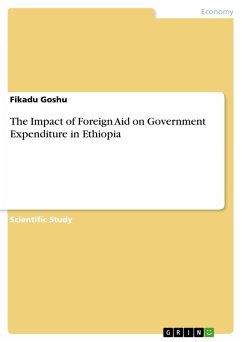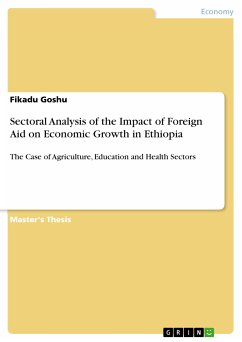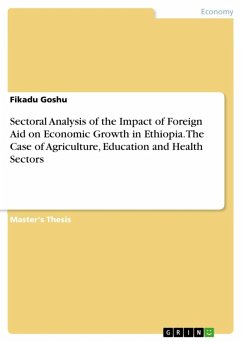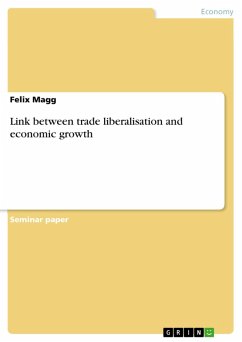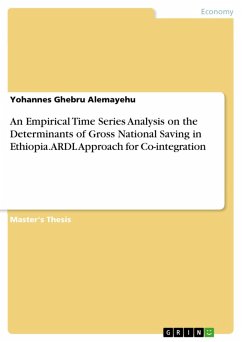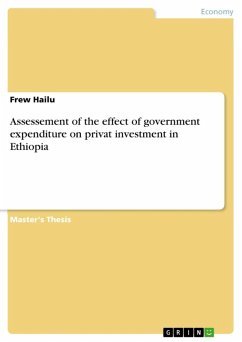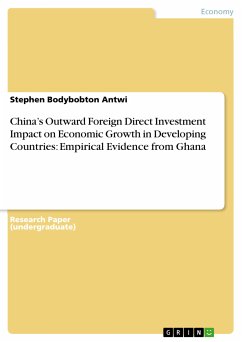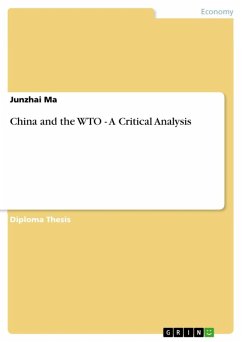Scientific Study from the year 2014 in the subject Economics - Case Scenarios, Wollega University (Department of Economics), language: English, abstract: This study has examined the impact of foreign aid on government expenditure in Ethiopia over the period 1981 to 2012 using Multivariate Vector Auto Regression analysis. All the necessary time series tests such as stationary test, co-integration, weak exiguity, and other tests are conducted. The empirical result from the long run fungibility equation result indicates that sectoral aid has negative effect on its sector spending in developmental sectors except for agricultural sector government spending. The estimate of agricultural aid also support that a 1percent increase in agricultural aid leads to a 0.83percent increase in agricultural spending. Aid other than health aid also has positive impact on health spending. The positive coefficient of aid other than the health implies that there is an aid diversion towards health sector from the others. The negative coefficients of sectoral aid on the sector spending and the negative coefficients of aid other than sector-specific aid, indicate diversion of aid away from the specific sector. Negative coefficients of explanatory variables may arise when there is a diversion of categorical aid from developmental investment towards non developmental expenditure such as general service government expenditures. The result also shows education aid is fungible both in short and long run. Health aid is fungible in the long run but not in the short run. Agriculture aid is non fungible in both long and short run in Ethiopia. The coefficient of aid other than education aid has positive sign that implies the diversion of foreign aid to the education sector. Foreign aid have also negative impact on all of non developmental government spending In order to get the desired benefit from foreign aid, Ministry of Finance and Economic Development has to set sound financial management system which stimulates economic growth and mitigate any diversion of developmental sector aid to other non developmental expenditure particularly in education and health sectors. Therefore, effective and efficient monitoring system which was purpose oriented utilization of foreign aid is central to make sectoral spending non fungible in Ethiopia.
Dieser Download kann aus rechtlichen Gründen nur mit Rechnungsadresse in A, B, BG, CY, CZ, D, DK, EW, E, FIN, F, GR, HR, H, IRL, I, LT, L, LR, M, NL, PL, P, R, S, SLO, SK ausgeliefert werden.

